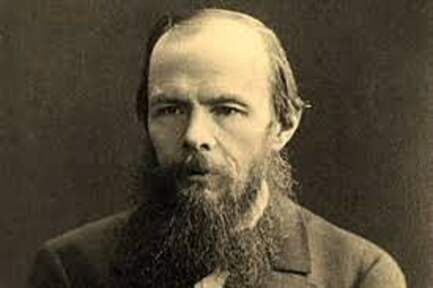On the other Russians – Michael Schwirtz in NYT:
‘The soldier knelt in the snow, aimed a rocket launcher and fired in the direction of Russian troops positioned about a mile away. He was set up at a Ukrainian firing position, and looked just like the other Ukrainian troops fighting south of the city of Bakhmut in one of the most brutal theaters of the war.
But he and his comrades are not Ukrainian. They are soldiers in a Ukrainian military unit made up entirely of Russians who are fighting and killing their own countrymen.
They have taken up arms against Russia for a variety of reasons: a sense of moral outrage at their country’s invasion, a desire to defend their adopted homeland of Ukraine or because of a visceral dislike of Russia’s president, Vladimir V. Putin. And they have earned enough trust from Ukrainian commanders to take their place among the forces viciously fighting the Russian military.’
(…)
‘Fearing retaliation against relatives and themselves, none of the soldiers interviewed agreed to be identified by name or to provide specific details about their biographies. Last week, the Russian prosecutor general’s office filed a suit with the country’s supreme court to have the Legion declared a terrorist organization.’
(…)
‘The group operates under the umbrella of Ukraine’s International Legion, a fighting force that includes units made up of American and British volunteers, as well as Belarusians, Georgians and others.
It is not easy to join, Russian soldiers said. They have to submit an application and undergo an extensive background check that includes polygraph tests. Only then can they enter basic training. As Russian passport holders, they are inevitably met with distrust. There have been several attempts by Russian spies to infiltrate the Legion, Mr. Yusov said.
In a pine forest in the Kyiv region last week, a group of new Russian recruits nearing the end of a three-month basic training course practiced tactical retreats, firing mortars and basic combat medicine. They exemplified the international hodgepodge that has come to define much of Ukraine’s war effort: Russian soldiers trained on a French-made 155 millimeter mortar and carried American-made M16 rifles.
“It’s better than a Kalashnikov,” one of the soldiers said of the M16. “I’ve fired about 1,000 rounds and haven’t had any problems yet.”’
(…)
‘“My task is not just to protect the people of Ukraine,” said Caesar, 50. “If I remain alive after this phase and all Ukrainian territory is liberated, I will absolutely continue fighting, with a weapon in my hand, to overthrow this Kremlin regime.”
Caesar, who has earned a reputation as a kind of eccentric sage within the legion, said he was an avowed Russian nationalist. Yet he nonetheless believes that modern Russia has gone off the rails, particularly when it comes to invading Ukraine, he said.
He was once a member of the Russian Imperial Movement, which the United States has declared a violent extremist group, but said he broke with it in part over its support for Russia’s annexation of the Crimean Peninsula in 2014.
A senior Ukrainian military official involved with overseeing the Legion said that Caesar “had spent a long time searching for a path he felt was ideologically correct,” adding that Ukrainian officials had found no reason to distrust him.
Caesar, who moved his wife and four children to Ukraine over the summer, said he did not believe he was fighting against fellow Russians, but “scoundrels and murderers” who have no nationality.
“I’m sitting before you, an example of a Russian man, and an example of a man that Tolstoy and Dostoyevsky wrote about,” he said. “That’s the kind of man I am. Not them. They aren’t Russian.”’
Read the article here.
Tolstoy and Dostoevsky wrote about all kinds of Russian. Is he a Raskolnikov? Or more an Alyosha?
But it’s somehow telling that this man refers to Dostoevsky and Tolstoy in order to explain why he is fighting his homeland.
Perhaps Vietnam deserters evoked American novelists (but whom?) in order to explain their decision.
During World War II some German soldiers deserted for ideological reasons, not much is known about them, and it’s very well possible that they were inspired by German authors. After all the best German authors had to leave the country after Hitler killed democracy in 1933.
But in any case, the Russian with call sign Caesar could be a Dostoevsky character. A man with a sense of justice, but from time to time his passions got the best of him.
